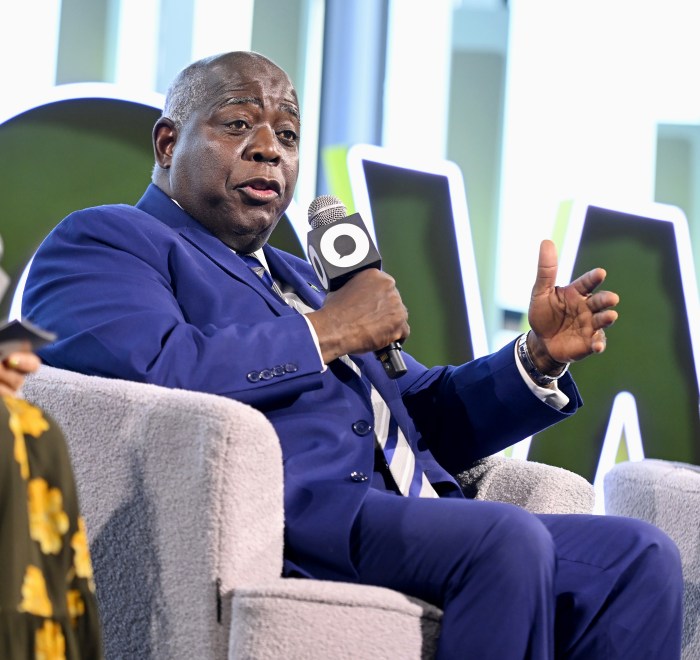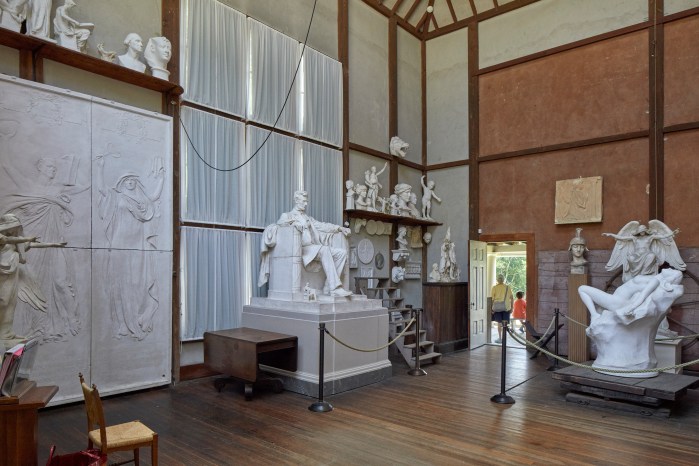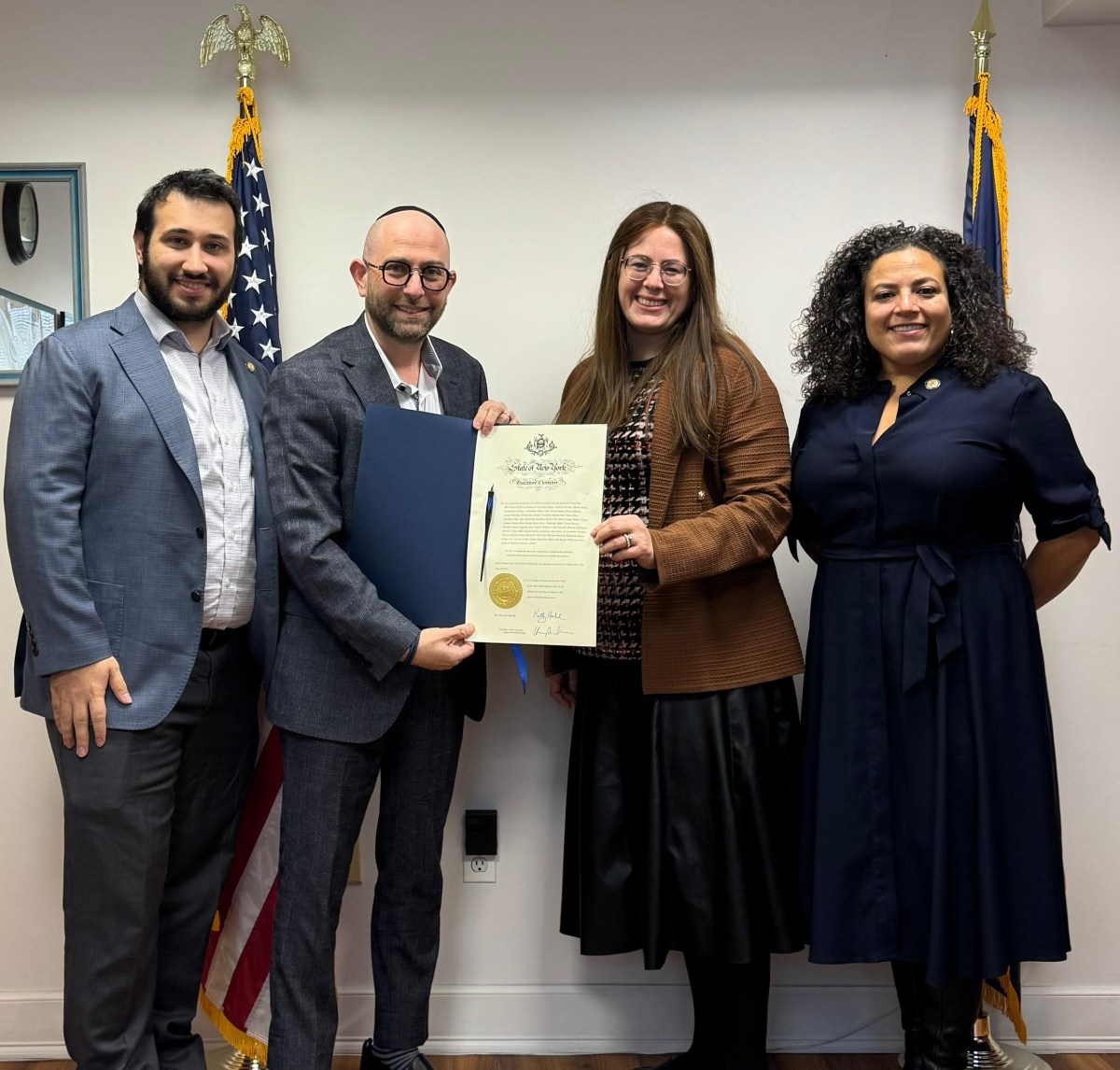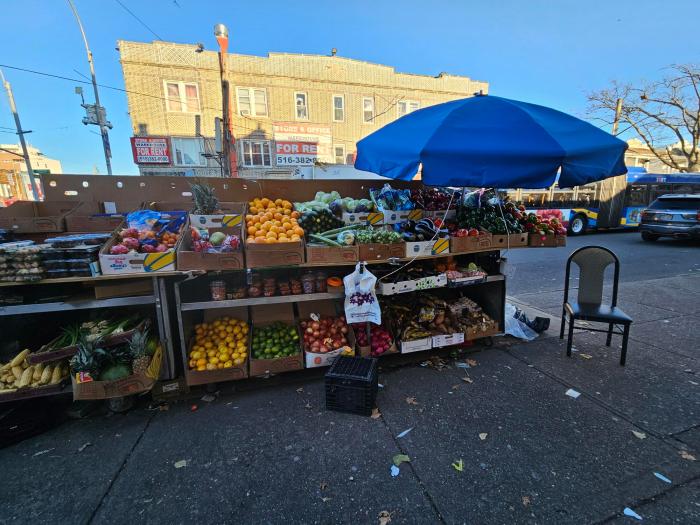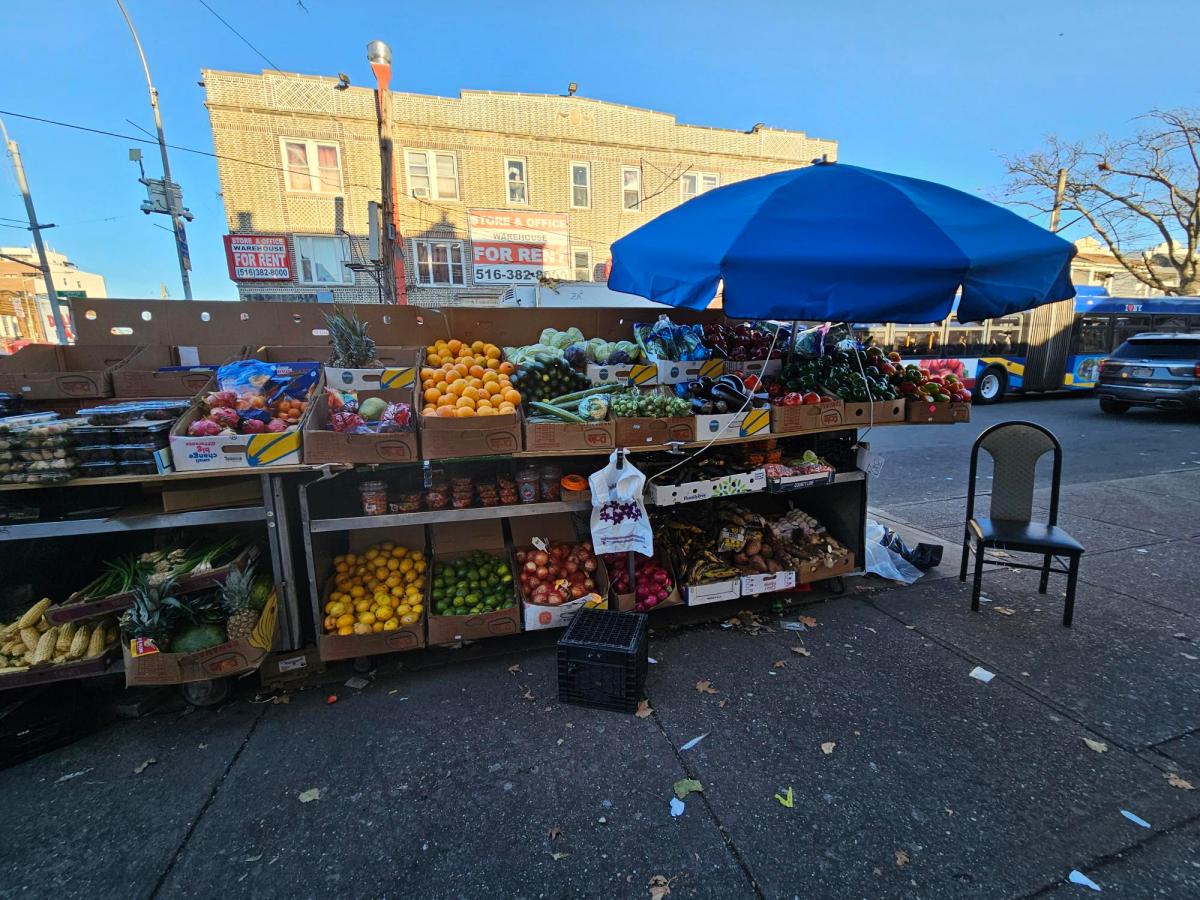The Bahamian government, still reeling from last month’s widespread destruction of Abaco and Grand Bahama family islands by Hurricane Dorian, has begun mass deportation of Haitian nationals in a move that is being widely condemned by civil society groups and the United Nations.
Authorities in Nassau, the capital of the multi islands archipelago, have started to arrange special charter flights to take dozens of undocumented Haitians back home. The move is widely seen as an excuse to purge Abaco and Grand Bahama of so-called Haitian refugees, especially because authorities fear that many are so poor they are going to begin rebuilding shanty town enclaves as was the case before Hurricane Dorian.
“We call on the authorities to halt any further deportations to Haiti at the moment,” the UN’s Human Right Commission’s office said in a mid-week statement.
“We call on the government to refrain from deporting individuals who lack documentation without the individual assessments and due process guarantees to which they are entitled under international law.”
In recent days, a group of 112 Haitians were sent back home on a special charter flight, while an additional 62 were rounded up and carted off in northern New Providence for immigration and a slew of other offences.
The Bahamas, with a population of about 300,000 scattered on about 700 small islands, has been struggling with large numbers of Haitian migrants, many of whom land by rickety boats on the nearest islands, fleeing poverty in neighboring Haiti. Successive Bahamian governments have persistently complained about the strain in state resources with large numbers of Haitians arriving and have at times suggested that outsiders do not understand the full complexity of its immigration problems.
The destruction wrought upon the Caribbean Community nation by Hurricane Dorian has given officials the opportunity to clear large areas in Abaco in particular of makeshift homes and shops, which had spoiled the landscape of the idyllic tourism dependent nation.
The move to forcibly send home large numbers of Haitians comes as Attorney General, Carl Bethel has vowed that government will clear away all the shanty towns on the two battered islands and will forcibly prevent anyone from reconstructing similar structures in the wake of the storm that has killed about 60 people. About 400 people are still listed as missing. Prime Minister, Hubert Minnis is also adamant that the future landscape in a reconstructed Grand Bahama and Abaco would not include shanty towns or make-shift structures.
“We have to return law to our country. We will eradicate shantytown. I send a notice to illegals that they can leave voluntarily or they will be forced to leave,” said Minnis.
The move to charter deportation planes has sent many Haitians into hiding, a move the UN said would cause increased stress on people who are still trying to recover from the effects of the storm.
AG Bethel noted that local law gives the works ministry “special emergency powers” to demolish and remove structures made irreparably dangerous due to the occurrence of flood, fire, hurricane or any other disaster.”
Despite the arguments from authorities, the UN is not backing down in its defense of Haitians. It said that hundreds of Haitians have found themselves in vulnerable positions because of the storm. “Many of them lived in informal settlements that were destroyed by the hurricane, losing their documents, jobs and belongings. This has led to panic among Haitians affected by Hurricane Dorian, and reports are emerging of people leaving temporary shelters for fear of arrest, and of people failing to avail themselves of necessary humanitarian services or going into hiding,” the world body said.


